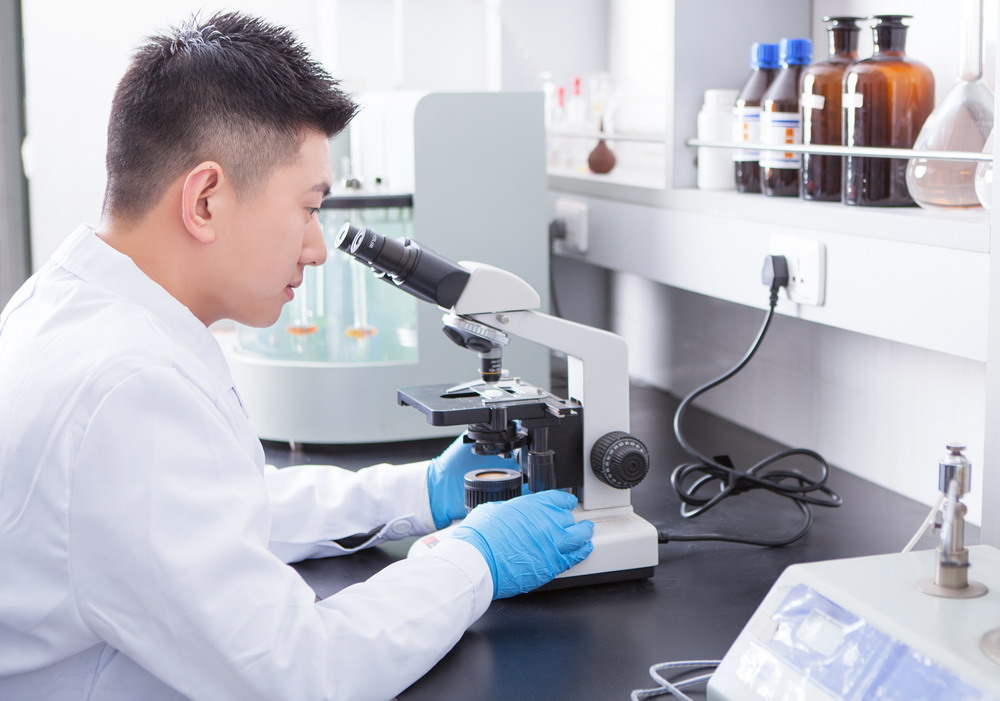12 Jan The Importance of Fluid System Periodic Exhaust
Thermal cracking occurs inevitably when heat transfer fluid is heated in system. Oxidation happens when fluid contacts with air. These reactions will change the fluid structure and generate high and low molecular substances called low boilers. Accumulation of low boilers adversely affects the system safety and causes potential risk.
There is an exponential relationship between fluid temperature and thermal cracking rate. Fluid thermal cracking rate doubles when its temperature rises 10℃ each time. Factors influence fluid thermal cracking rate are fluid chemical structure, purity, operation temperature and system heating conditions including temperature distribution and system impurities. Fluid starts to thermal crack when its operation temperature is 50℃ below the allowable maximum operation temperature. Poor quality fluid, over-temperature operation, oxidation and contamination accelerate fluid thermal cracking and oxidation decomposition, leading to deteriorated substances accumulation and speeding up fluid degradation.
Initial boiling point of low boilers is lower than the boiling point of fresh fluid. Low boilers are in gaseous state in system, which increases system pressure fluctuation. More low boilers cause higher fluid vapor pressure and bigger pressure fluctuation, leading to system circulation pump cavitation and heat transfer process deterioration which aggravates low boilers formation. Fluid flash point obviously decreases when it’s full with low boilers, triggering the risk of fire hazard and explosion under inappropriate measures.
Periodic system exhaust helps decrease low boiler contents, control fluid degradation rate and extends fluid service life, guaranteeing system stable operation in long term. Experts from Schultz fluid suggest to exhaust system when the content of low boilers in fluid exceeds 5%.
TIPS:
It is necessary to take protective measures in heat transfer fluid operation avoiding fluid degradation acceleration. Keep fluid away from contacting with water and acid base materials before filling into system. Processes of dehydration, light component removal and other operations should be taken before system first startup. System operator shall strictly comply with the operation instruction and avoid overheating. It is suggested to sample in-used fluid semiannually to analyze fluid performance in time.

